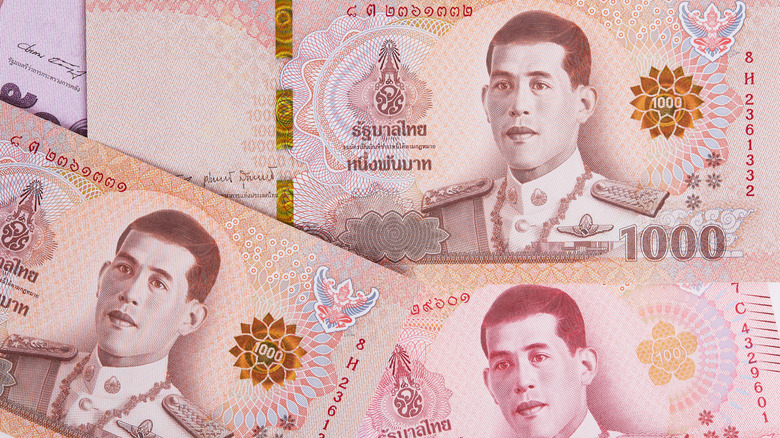Traveling to Thailand any time soon? Before you go ahead and dive into all of the fun planning and packing parts of the trip — like picking out the best beaches to visit for sun, sand, and serenity, looking into what temples you want to explore, and practicing with how spicy you might want your food — there’s more thing to be aware of before jetting off. Specifically, there’s one unexpected custom that first-time travelers should be aware of that’s recently made headlines for the potentially severe consequences it can lead to if ignored: the local restrictions related to discussing Thailand’s monarchy.
Put simply, as part of Thailand’s incredibly strict lèse-majesté law, which was enacted in 1980 and enforced under Article 112 of Thailand’s criminal code. Local legislation essentially deems it illegal to criticize, insult, or defame the Thai monarchy in any way. Per the code, any person who “defames, insults or threatens the King, the Queen, the Heir-apparent or the Regent” is essentially breaking the law and “shall be punished with imprisonment.” But what does “defaming” or “insulting” actually entail? Well, according to past cases, punishable offenses include everything from sharing critical social media posts to amplifying content from international media that discusses the monarchy, wearing clothes deemed disrespectful, or even liking Facebook posts that authorities consider offensive to the royal family. This ultimately makes trying to decipher what actually constitutes a punishable offense very broad.
While it might seem like an overly strict rule to foreigners, the harsh truth is that breaking this law doesn’t just result in a minor fine or slap on the wrist. Depending on circumstances, anyone caught violating the law can face anywhere between three to 15 years in prison, with some people receiving decades-long sentences as punishment. Worse yet, this rule applies to everyone in Thailand, including visitors.
How Thailand’s lèse-majesté law works
Thailand’s lèse-majesté law works completely differently from most legal systems in most other countries. Unlike regular defamation laws, where the affected person must file the complaint, any Thai citizen can actually report you for perceived insults to the monarchy. Then, once reported, local police must investigate every accusation –– no matter who made it or how minor it seems.
If you’re charged with a crime, it’s likely that you’ll have to spend a couple of months in jail before your trial even begins. This, because most Thai courts are known for denying bail in these cases, claiming they have serious concerns about you leaving the country or committing another (potentially worse) offense.
From there, the actual legal process also offers very few protections for the accused. In most cases, trials typically happen behind closed doors with little to no transparency. Some cases even end up in military courts instead of regular civilian ones, which means that the accused have even fewer legal rights than normal. Ultimately, the entire approach shows just how seriously Thailand takes things when it comes to protecting the royal family’s image and their well-being. After all, to most locals, this law isn’t just about showing respect — it’s to ensure the royals’ honor and safety, too.




